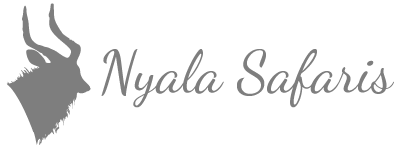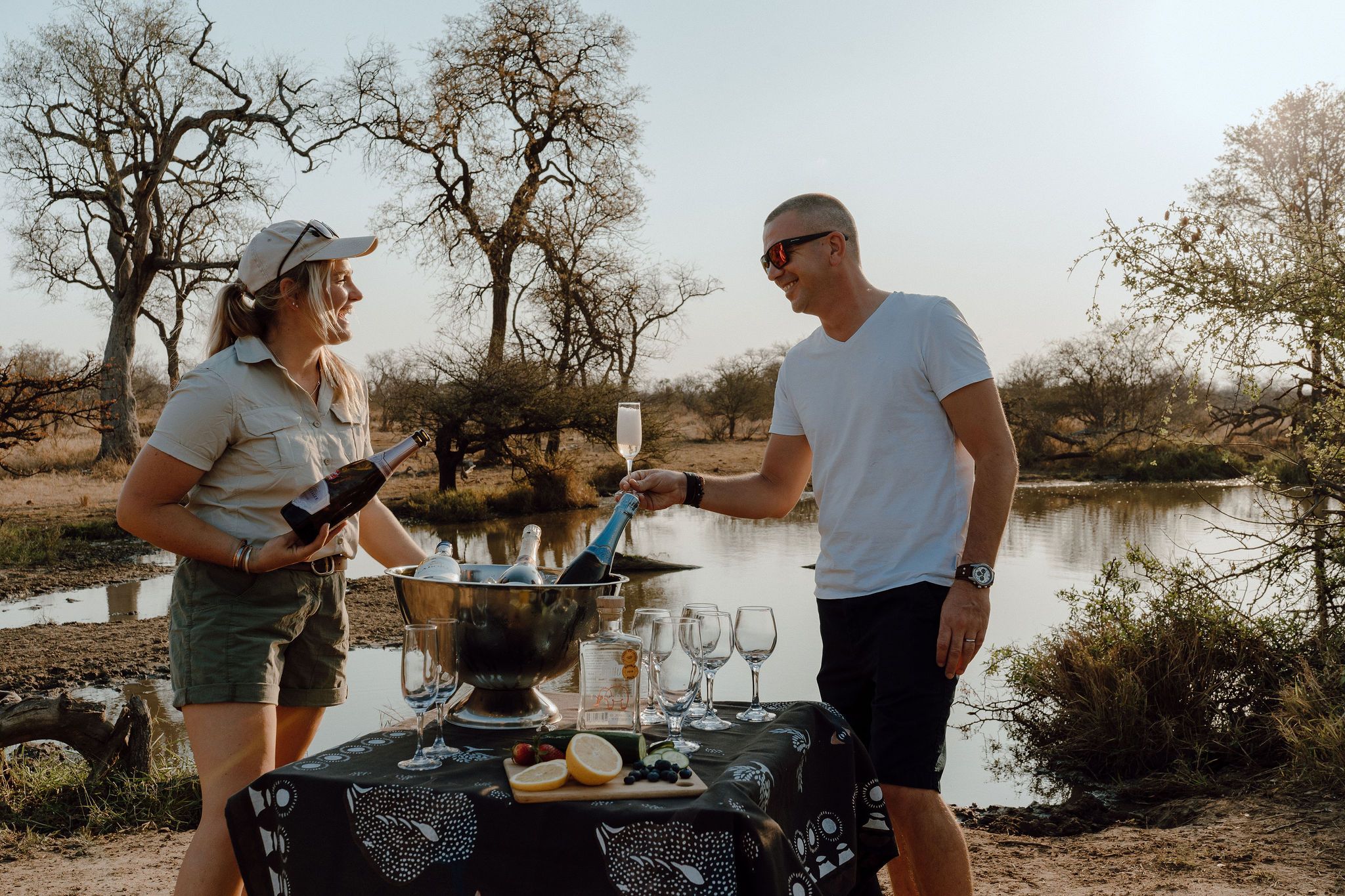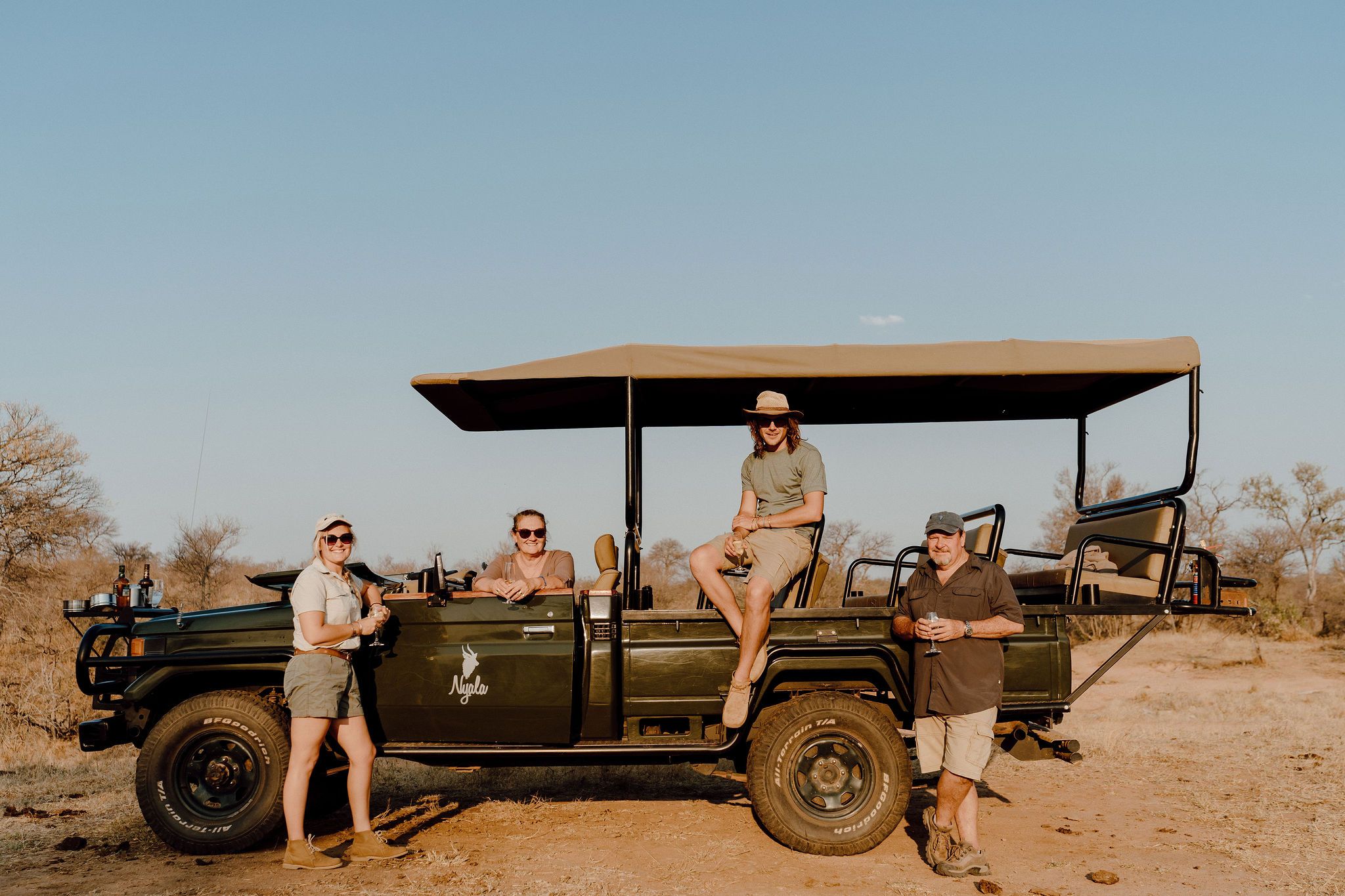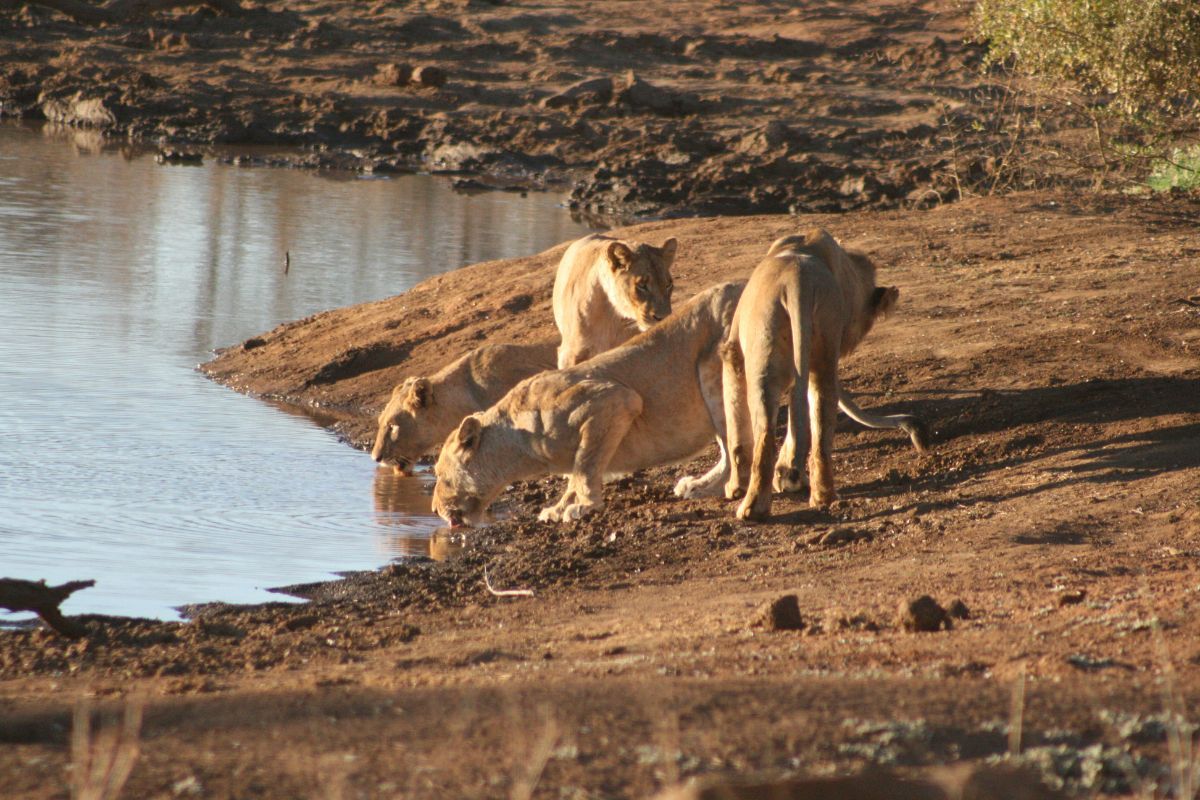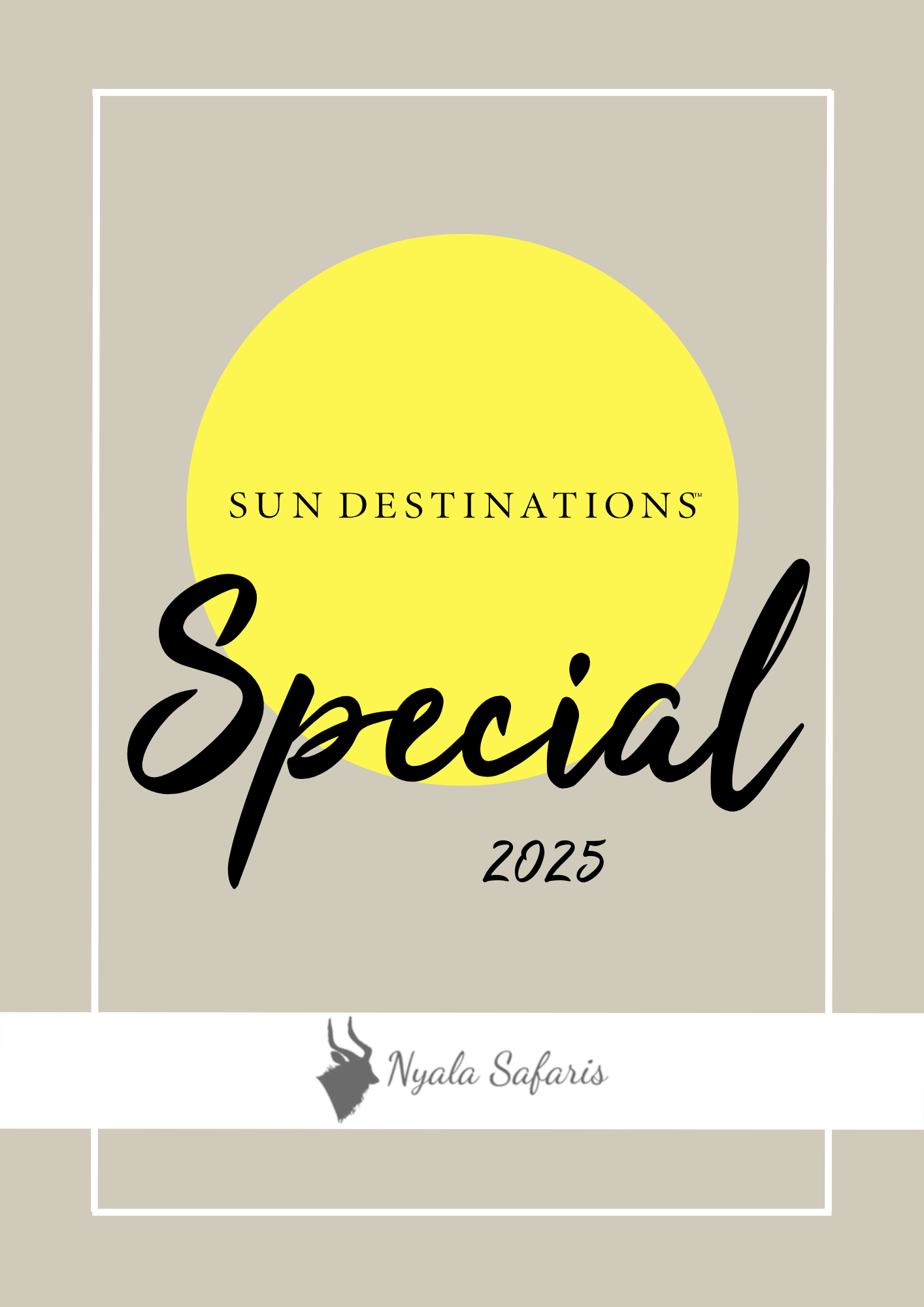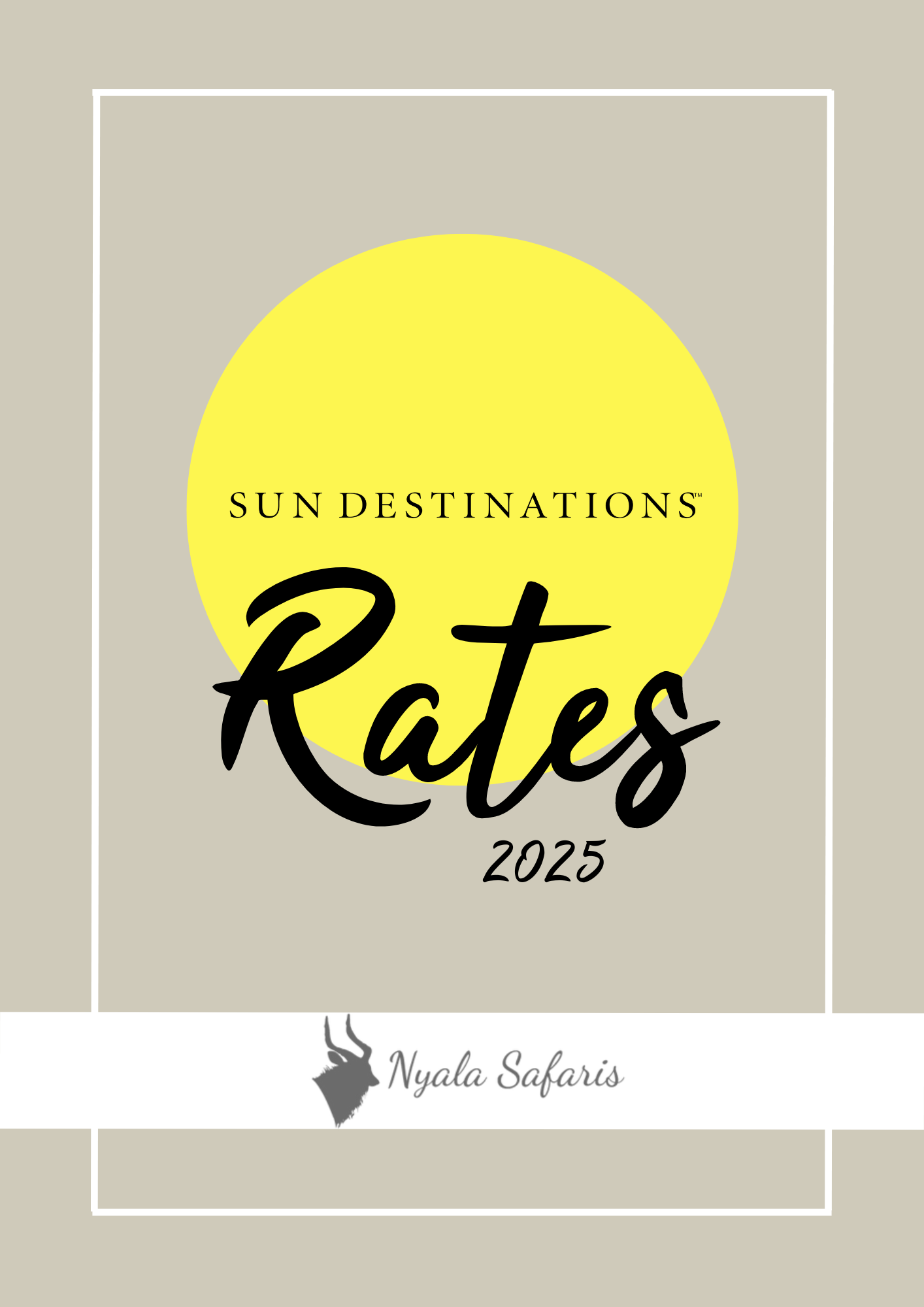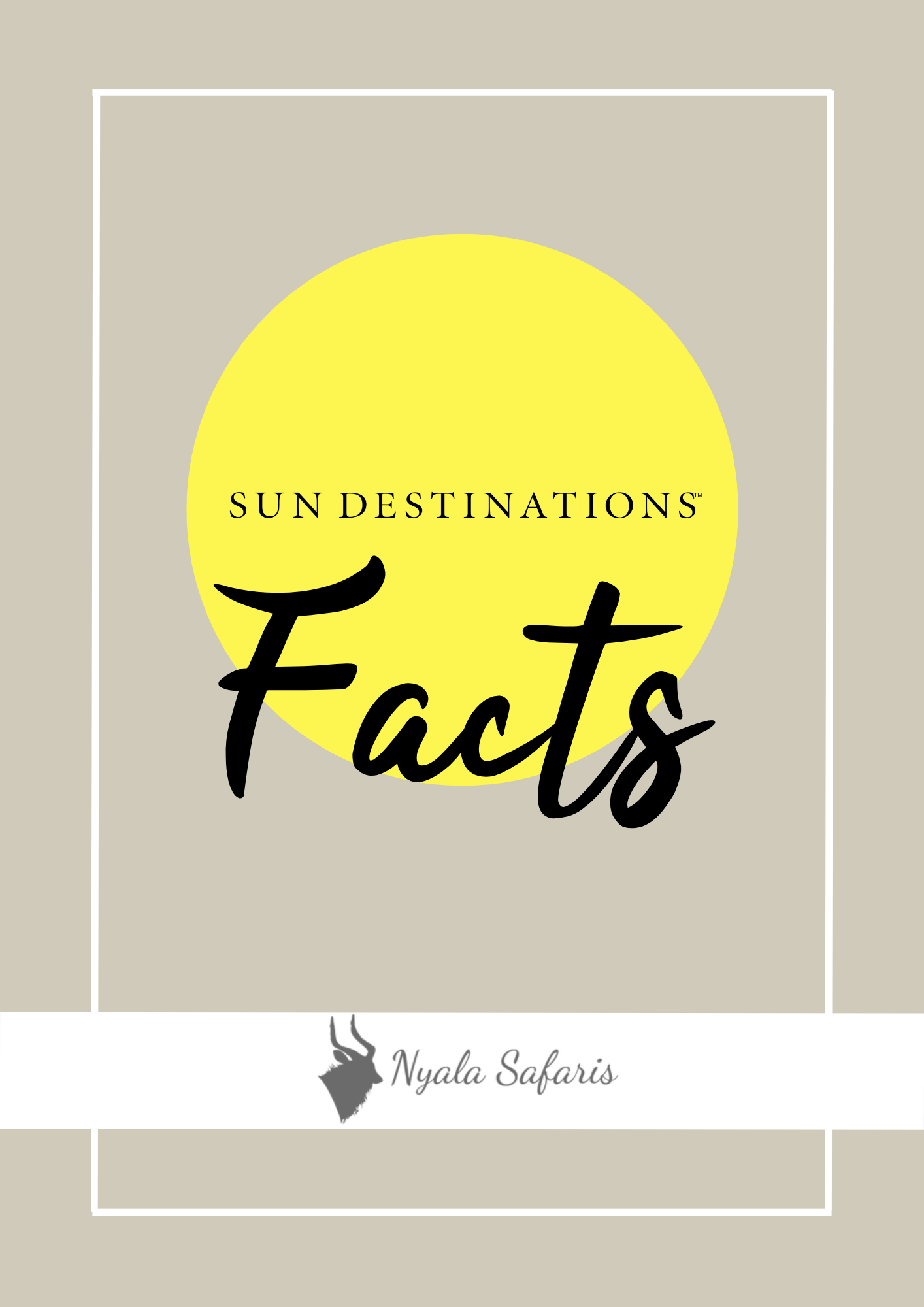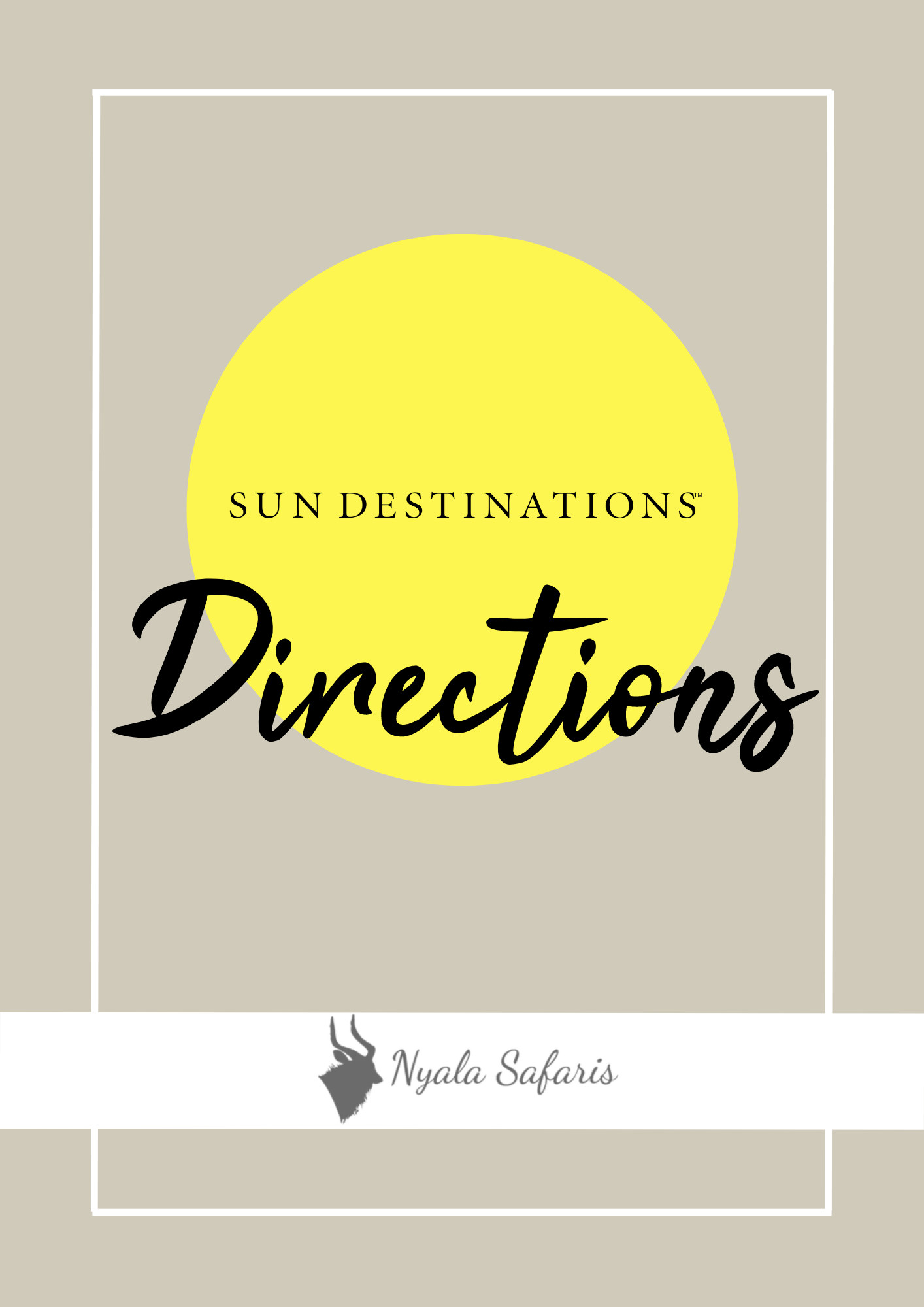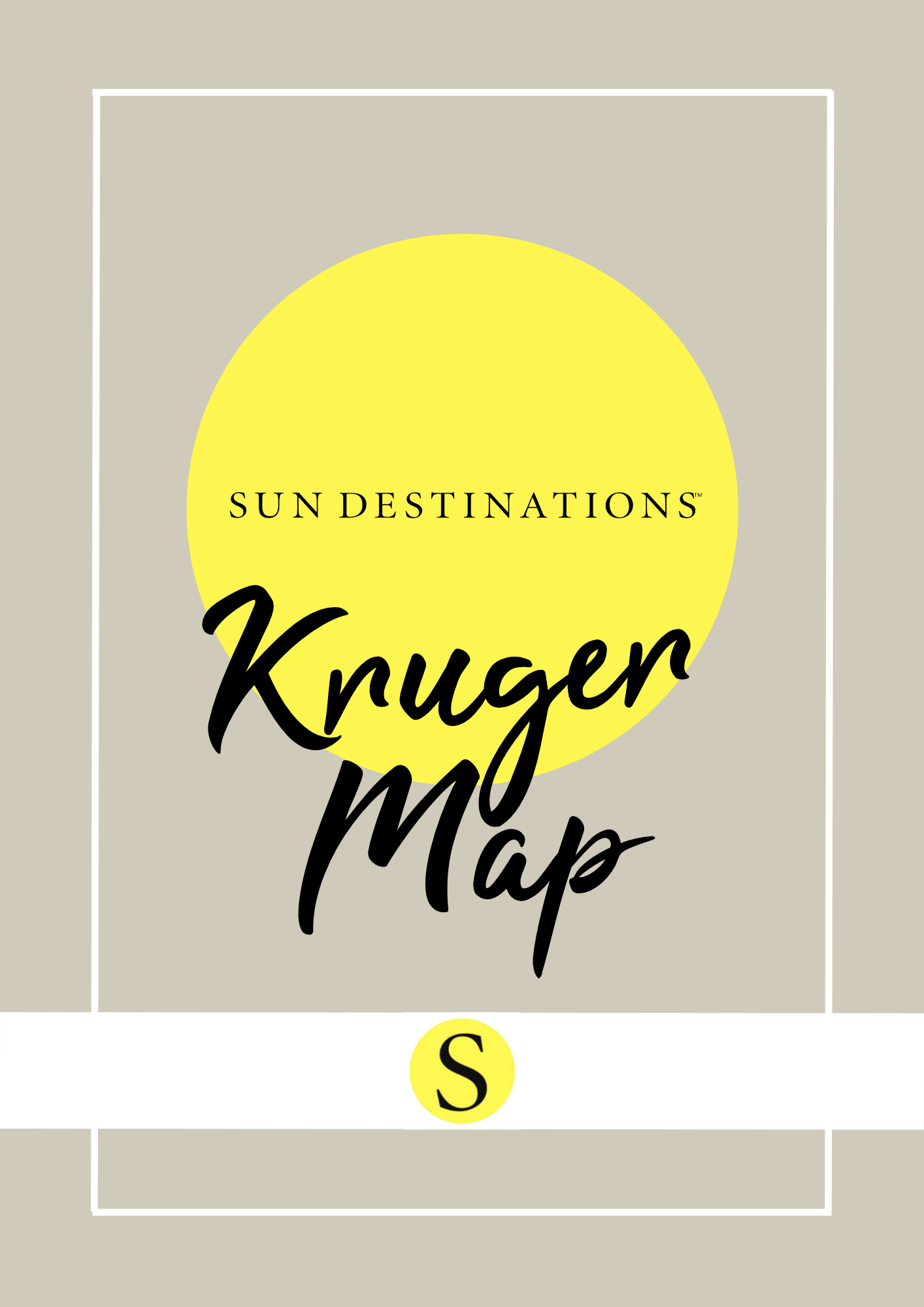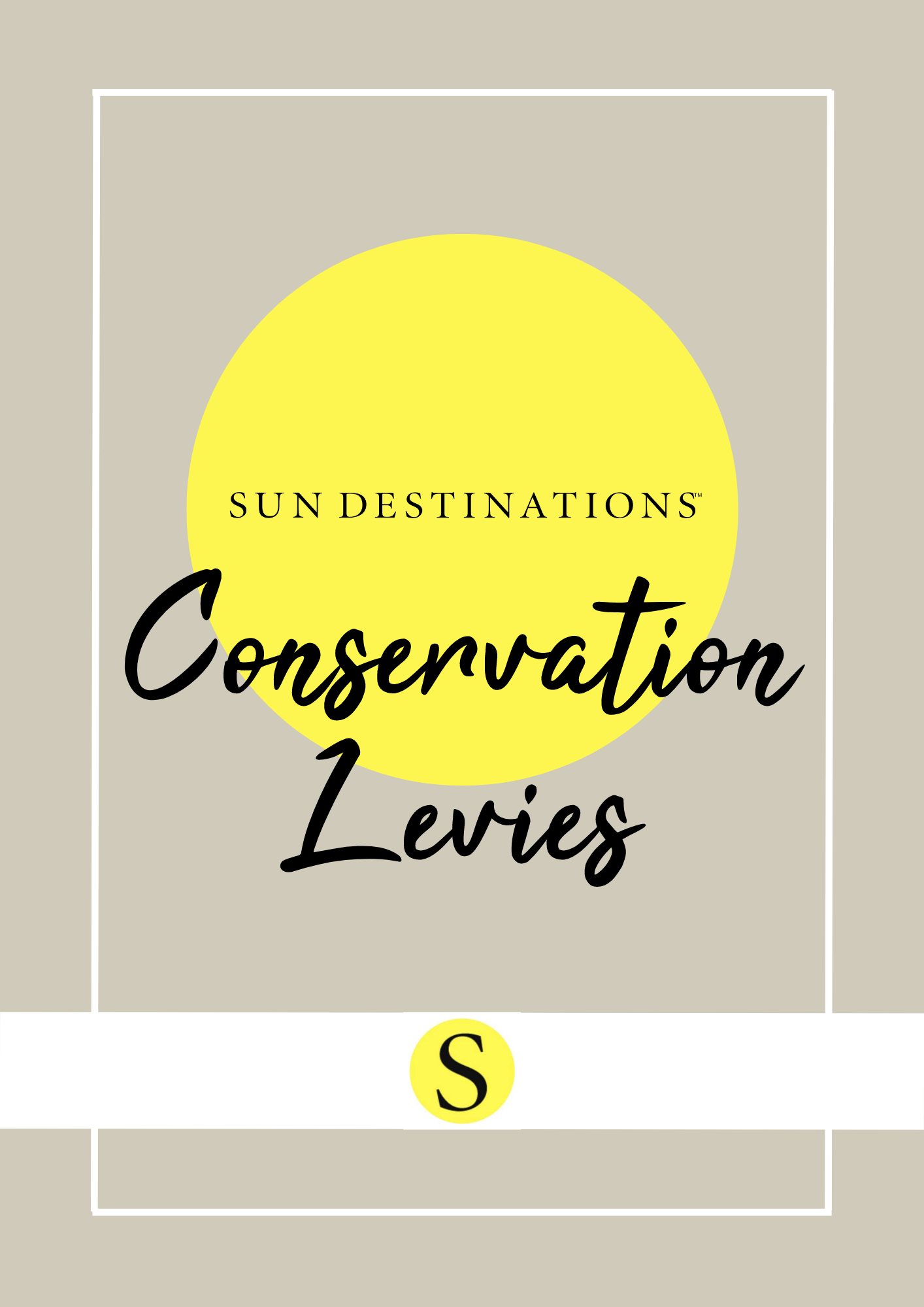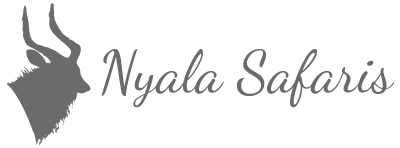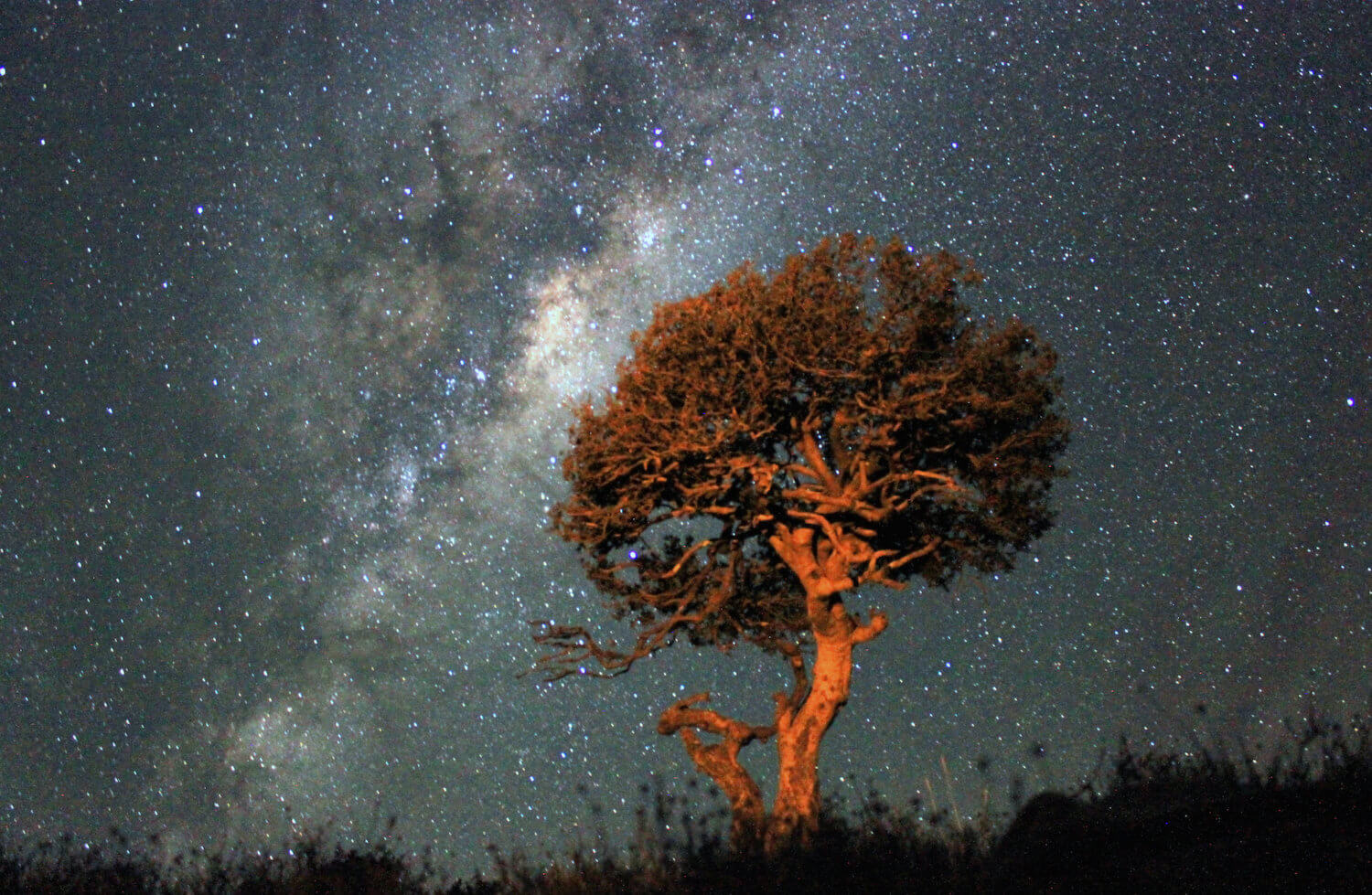ExperienceSafari in Unique Ways
Game Drives: Two game drives are offered per day, one in the morning and one in the late afternoon which moves into the night. All game drives are conducted in open-topped 4x4 game viewers.
Sundowners and Coffee Stops: On the morning drive there is a stop for coffee and on an afternoon drive there will be a stop for sundowners. Stops usually take place in scenic, open areas. Sundowners are drinks of your choice and are usually accompanied by a few snacks.
Boma Dinners: Some of the evening meals are enjoyed in the elevated boma, above the floodlit waterhole. Guests can appreciate their surroundings while sitting around a crackling log fire under a starry night sky. This is an optional activity and only takes place when it’s weather permitting.
UniqueWildlife Experiences
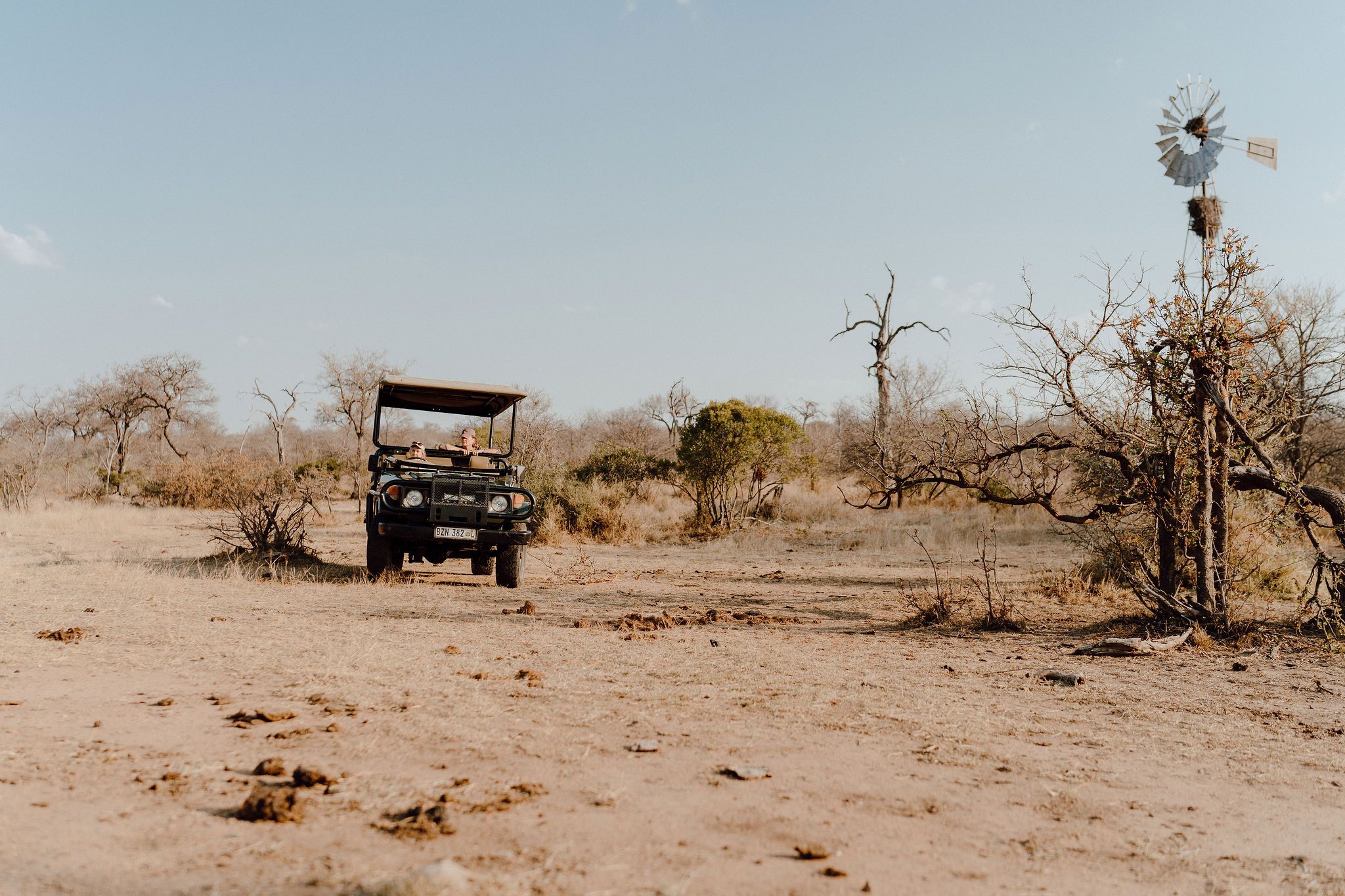
DetailsUseful Info
The Greater Kruger is a fantastic year-round safari destination that enjoys hot summers with rainfall and crisp, dry winters. The summer is from November to April and winter is from May - August.
During the rainy summer season, the landscapes shift to lush emerald green. During November/December is when the impala give birth, making it ideal to spot young lambs. Summer is also the best season for birdwatching, as it draws in a wealth of summer migrants from across the globe. Expect full waterholes, rivers, and short bouts of rain with dramatic skylines.
The temperature in winter is warm. Evenings and early mornings are cool, and days are warm and dry. The bushveld thins out during winter, making it easy to spot big game. Because water is scarce, predators are attracted to the waterholes and dams; making it easy to track game.
During the summer months, the weather can be hot and humid. Winter sees mild days and cold nights. Early morning game drives and night drives can be cool throughout the year, so you may want to bring a few things for every occasion.
These are a few essentials to bring on a safari to the Balule Nature Reserve:
- Comfortable, closed walking shoes
- Sunblock in the form of SPF lotion
- Hat and beanie
- Neutral colour clothing for when you are out on safari
- Light, airy clothing for midday heat
- Swimming costume
- Scarves and warm jackets for the winters (May to October)
- Outdoor tech gear (binoculars, cameras, phones, headlamp for around camp)
Nyala Safari Lodge is a comfortable camp with an elevated sense of luxury, and offers an intimate and personalised safari experience. From a grey water system to solar power, Nyala prides itself on being eco-friendly.
The focus at Nyala is to provide a unique safari experience hosted by qualified guides and friendly staff. It is an intimate camp, so the experience is cozy and personal with the flexibility that can only be enjoyed at a small camp. Expect long evenings around the boma, observing the floodlit waterhole in front of camp.
There are two game drives per day, designed to introduce guests to elements of the wild. Drives are conducted at times of day when the predators are most active. For the more adventurous—and the romantic at heart—there are optional bush breakfasts and boma dinners.
What You’ll SeeWildlife
Africa's most elite predators are found in the Balule Nature Reserve and are frequently seen by guests on game drives. Knowing that there are all of Africa's most successful predators hiding in the thickets on the banks of the river, the feeling of being in the wild is ever-present.
The Balule Nature Reserve is home to a few local lion prides as well as cheetahs, leopards and African wild cats. Other fantastic predators found here are spotted hyena, black-backed jackal, side-striped jackal, caracal, crocodile, serval, and African wild dog. The reserve is rich with prey and water sources, making it a sanctuary for predators.
The Balule Nature Reserve forms part of the Greater Kruger. The reserve shares unfenced borders with the Kruger National Park, which means wildlife is able to roam freely throughout. This means there is a diversity of habitats and, as a result, there is an abundance of mammals in the area.
Mammals one can expect to see in the area include elephant, rhino, buffalo, impala, kudu, zebra, giraffe, steenbok, duiker, mongoose, baboon, vervet monkey, hippo, warthog, and many others.
As is always the case on safari, you can never predict what you are going to see, but with such a variety of wildlife species, game drives at Nyala Safari Lodge always produce notable sightings. The floodlit waterhole at camp is a major attraction for wildlife during the dry winter season when water sources are scarce.
The birdlife in the Balule Nature Reserve is a mix of migrant and resident species. The seasonal river in front of the lodge plays home to waders such as saddle-billed storks, black-winged stilts, egrets, white-crowned lapwing, and the very rare Pel’s fishing-owl.
You’ll wake up to a chorus of birdsong from resident magpie shrikes, lilac-breasted rollers, yellow-billed hornbills, Chinspot batis, white-crowned shrikes, blue waxbills, fork-tailed drongos, and francolins.
Some of the most superb raptor species are often seen soaring the skies and perching in trees surveying the land. Because of the river, African fish eagles occur in the area. Birders can also delight in spotting brown snake eagles, bateleur, Martial eagle, African harrier hawk, African hawk eagle, dark chanting goshawk, black-chested snake eagle, Wahlberg’s eagle, and tawny eagle.
Downloads
Find helpful information about rates, when to travel, wildlife you can expect to see and details about the accommodation.
